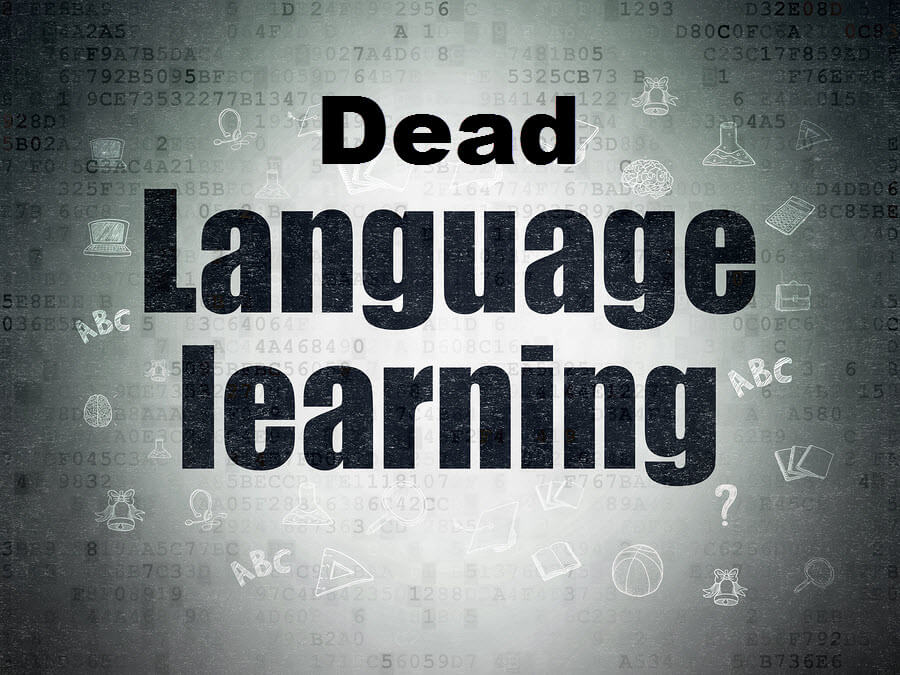What is a dead language?
The definition of a dead language is one that is no longer being used by a community of speakers. It’s used perhaps in an academic context or amongst individuals like the use in the Vatican City of Latin. A dead language is basically more active than an extinct language, which no one speaks at all in any context.
How many languages are dead?
If a dead languages list was complete it could amount to thousands! However, there are 7 dead languages to learn that are well known. These include Latin, Coptic, Mandan, Ancient Greek, Gothic, Norse and Sanskrit.
One of the dead languages, Latin, is generally the most studied of all the dead languages and is taught in some schools. Some Latin is still used by churches and the legal profession. Latin became transformed into different Romance languages, such as French, Portuguese, Spanish, Italian and Romanian. Ancient Egyptian is known as the earliest written language and was spoken up to the late 17th Century as Coptic. There are a few hundred Coptic speakers today, mainly found in the Coptic Orthodox Church of Alexandria. Mandan is a Sioux language that could be heard spoken in North Dakota. It died on the death of Dr Edwin Benson in 2016. It is still taught in schools today and language learning resources are available at the North Dakota Heritage Center.
- Sanskrit is an old Indian language and a language of Hinduism. It’s basically the Eastern equivalent of Latin and many modern world languages do have their roots in Sanskrit.
- Gothic emerged from the Germanic family of languages. The Codex Argenteus, a Bible translation produced in the 6th century, is well known in Gothic. By the time the 9th Century came around, it was no longer in use.
- Old Norse, a language of North Germanic origin, was spoken from the 9th to the 13th centuries by Scandinavians. During the 10th century, Old Norse became the most common European language. Icelandic and Norwegian are the modern versions of Old Norse.
- Ancient Greek is the language of the era of Homer, Socrates and Aristotle. It is a language of intellects and dominated some areas in Europe from the 9th BC to 6th CE. There are words in the scientific field today that originate from Ancient Greek.
If you want to learn any dead languages, Latin is a possibility and if you know how to learn Latin it will give you a window into history, a bigger connection with different cultures and history that’s impossible with modern-day languages. So if you want to learn a dead language, Latin is the easiest one to tackle.

